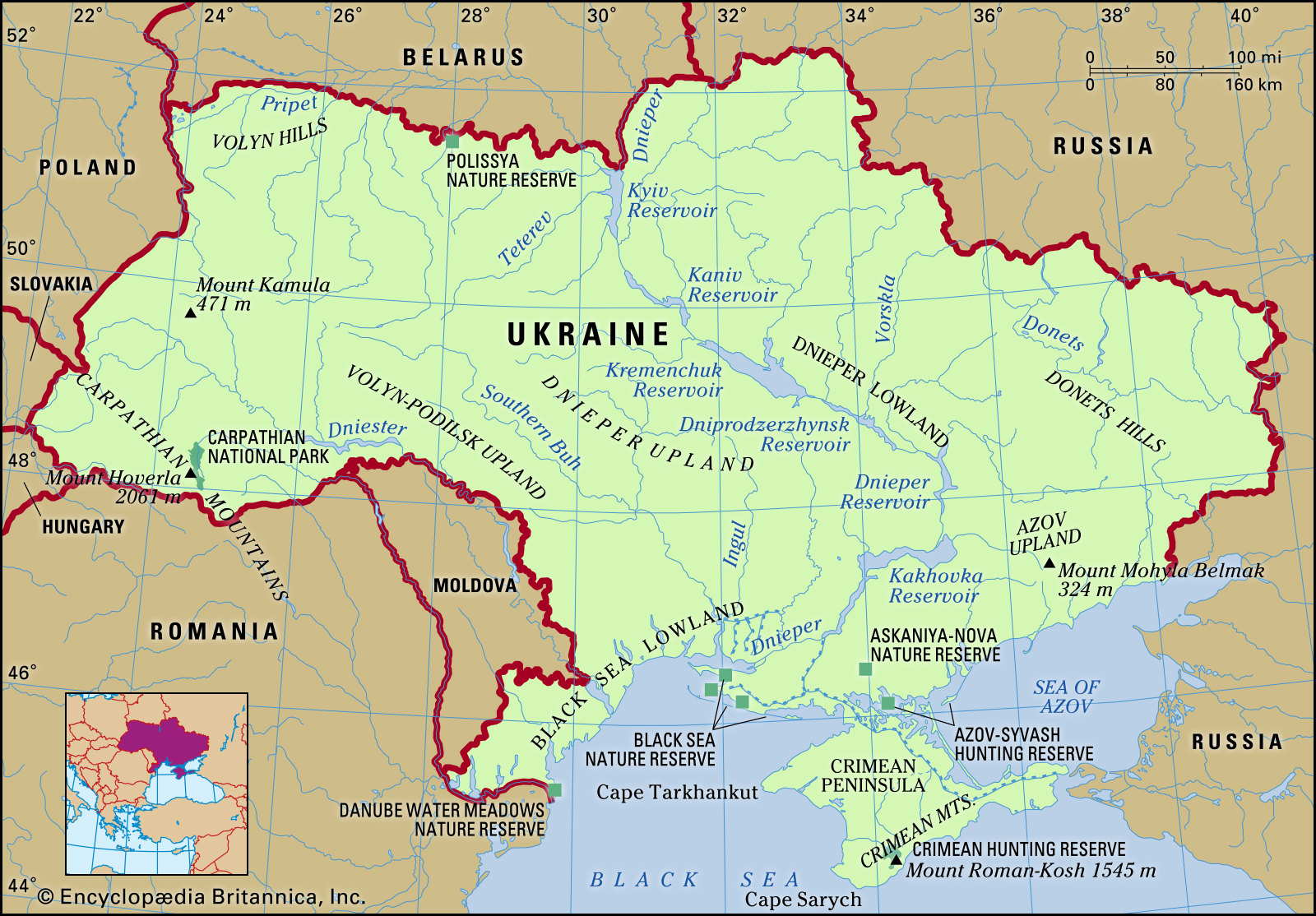Enduring and adapting to an often-grueling business climate resulting from the pandemic has enabled CFOs to develop new muscles within their finance organizations in terms of better analytics, forecasting, real-time data access, supply chain management and de-risking, and more. Unfortunately, they’re going to need these tools even more to address the fallout from the horrific crisis in Ukraine.
We’ve witnessed harrowing images of Russian atrocities in targeting civilians with indiscriminate bombardment of residential areas, medical facilities and infrastructure. Ukrainian resistance has stiffened as a tragic humanitarian crisis has unfolded. Millions of refugees have fled the country as the Russian military relies on long-range firepower, leaving untold billions of dollars of damage to the country’s beautiful cities and death in the streets and rubble in its wake. A protracted conflict is underway if a peace agreement cannot reached.
This crisis and the new geopolitical realities emerging from it will test all of the muscles CFOs have strengthened in the pressure-cooker of the pandemic. The strategies and skills supporting organizational resilience and agility will need to be applied to completely different dimensions, ranging from sanctions compliance to managing the well-being of employees in and around war zones. Plus, the war’s fallout likely exacerbates both short- and long-term cybersecurity risks, as well as the COVID-driven supply chain snags, inflationary pressures and interest rate risk already in play.
While the humanitarian crisis that Russia’s invasion triggered rightfully dominates headlines, hearts and minds at the moment, CFOs also must analyze the ripple effects that the war will inflict across industries and around the world in the months and years ahead. As they do, seven flashpoints require particular attention:
- Physical security: As Russia amassed troops and then invaded, companies with operations in Ukraine, Russia, Belarus and other nearby countries suddenly were forced to take all necessary steps to protect their employees. Finance leaders quickly funded evacuation plans and cessation of operations. While this need affected only a small portion of global companies, more organizations and their CFOs will need to respond in similar fashion should the conflict spread beyond Ukraine’s borders into other nations. The best time to review response plans is now, in the cool of the day, rather than when the firing starts.
- Supply chains: Conventional combat, cyber warfare and economic sanctions create significant supply chain management challenges. Finance groups supply the data and analyses that C-suite leaders consume when deciding how to respond to these disruptions. Europe will be especially hard hit by the closure of Ukraine’s Black Sea ports as well as impediments to road, rail and air transport routes in and around Ukraine. Supplies provided by businesses in Ukraine, ranging from technology to agriculture, will be impeded or completely cut off for uncertain periods of time. The Conference Board reports that freight rates in February were 250 percent higher than the previous year. The United States, which is still experiencing pandemic-driven port congestion, and other regions also will be affected.
- Inflation: The war and resulting sanctions on Russia are reducing exports of base metals; corn, barley and other agricultural products; machinery; chemicals; and forest products from Russia and Ukraine. As expected, these developments are causing the prices of those commodities and goods to leap and likely remain elevated for an indeterminate period. While those sources of inflation hit some countries and industries more than others, import bans on Russian oil and gas have the potential for greater and far more widespread inflationary impacts. A long-term drop in Russian oil and gas exports—due to the West’s sanctions and/or Russia’s retaliatory curtailments of exports—could cause oil prices to increase another 40% over their current high, The Economist reports. The recent drop in prices flags the kind of volatility and uncertainty CFOs can expect in in the weeks and months to come. Higher costs would result in higher transportation and logistics costs across all industries and higher prices for consumers, which would weigh on the U.S. economy while affecting the U.S. Federal Reserve’s decision-making on interest rate changes they have implemented or are considering. Bottom line, the conflict is affecting the company’s cost structure.
- Compliance and reputation risks: Businesses need to monitor and comply with government-mandated sanctions targeting, as of now, Russian government entities and officials, Russian businesses, Russian oligarchs and Belarus. These sanctions are expanding almost daily. CFOs of companies whose balance sheets and operations will be affected by these sanctions will need to assess the financial impacts of these restrictions and ensure their valuation and operating assessments inform related scenario-planning activities. Reputation risks also lurk. Even if permitted under the current Russian sanctions regime, companies that continue to conduct business with Russian businesses and allies may face significant blowback from customers, suppliers, activists and other stakeholders. This information is readily available, given that groups such as the Yale Chief Executive Leadership Institute maintain a detailed list of companies that have—and have not—curtailed operations in Russia and/or with Russian parties and entities since the current invasion of Ukraine began.
- Cybersecurity: The lack of known cyber attacks by Russia against Ukraine and other targets since the invasion began should not lull organizations into a false sense of security. The 2017 NotPetya attack, believed to have been launched by Russia, hammered Ukraine in 2017 before spreading to countries and companies around the world. Whether or not the worst is yet to come, organizations and government agencies (especially those responsible for critical infrastructure) must be ready for a potential escalation in cyberattacks, as well as consumer and stakeholder demands for privacy protections. Corporate boards are focused on cybersecurity risks, capabilities and investments, as well. In a February 25 letter to the National Association of Corporate Directors regarding Russia’s invasion, Jen Easterly, director of the Cybersecurity and Infrastructure Security Agency (CISA), urged board members to “ensure that [their] organizations are taking the necessary steps to protect themselves from the impact of potential cyberattacks.” Most of these steps—which include empowering CISOs, focusing on business continuity capabilities and investments, and strengthening scenario planning—intersect with the CFO’s growing role in supporting and funding the organization’s cybersecurity framework.
- Portfolio exposure and balance sheets: Restricting Russia’s access to the SWIFT network makes it more difficult for financial institutions to collect on loans to Russia-based organizations. The swoon in the ruble also means Russia likely will default on its own loans, which will result in lenders taking write-offs. Russia’s precarious position was illustrated last week when making interest payments on two dollar-denominated government bonds that required clearance by the United States. Curtailing operations and activities in Russia—whether in compliance with sanctions or voluntarily—also creates financial exposure that CFOs need to assess and reflect on their balance sheets.
- Forecasting: All of these challenges fall squarely on the finance group’s FP&A capabilities. Given the imposing scope of the war’s forecasting variables and the variance of those variables (e.g., oil prices potentially swinging from $85 to $150 per barrel), CFOs will need to continually improve upon the next-generation, dynamic forecasting methods they deployed in response to pandemic uncertainties. More real-time data needs to be accessed from more internal and external systems, which will likely necessitate updating budgets and forecasts on a regular basis. More analyses need to look beyond sales projections and gauge delivery streams that determine how much, and when, revenue will be earned and realized in cash.
The volatility of the past two years replaced traditional “financial planning and analysis” with what Gartner calls “extended planning and analysis.” The still-unfolding implications of Russia’s war on Ukraine will make CFOs extend their valuation, planning and forecasting capabilities even deeper into supply chains, talent management, sales and marketing, revenue management, cybersecurity and other core business operations.
The 2020s is proving to be a decade of disruption. The road ahead will be arduous, but events over the last two years have steeled CFOs such that they are positioned to confidently manage through this latest crisis.
This article originally appeared on Forbes CFO Network.





